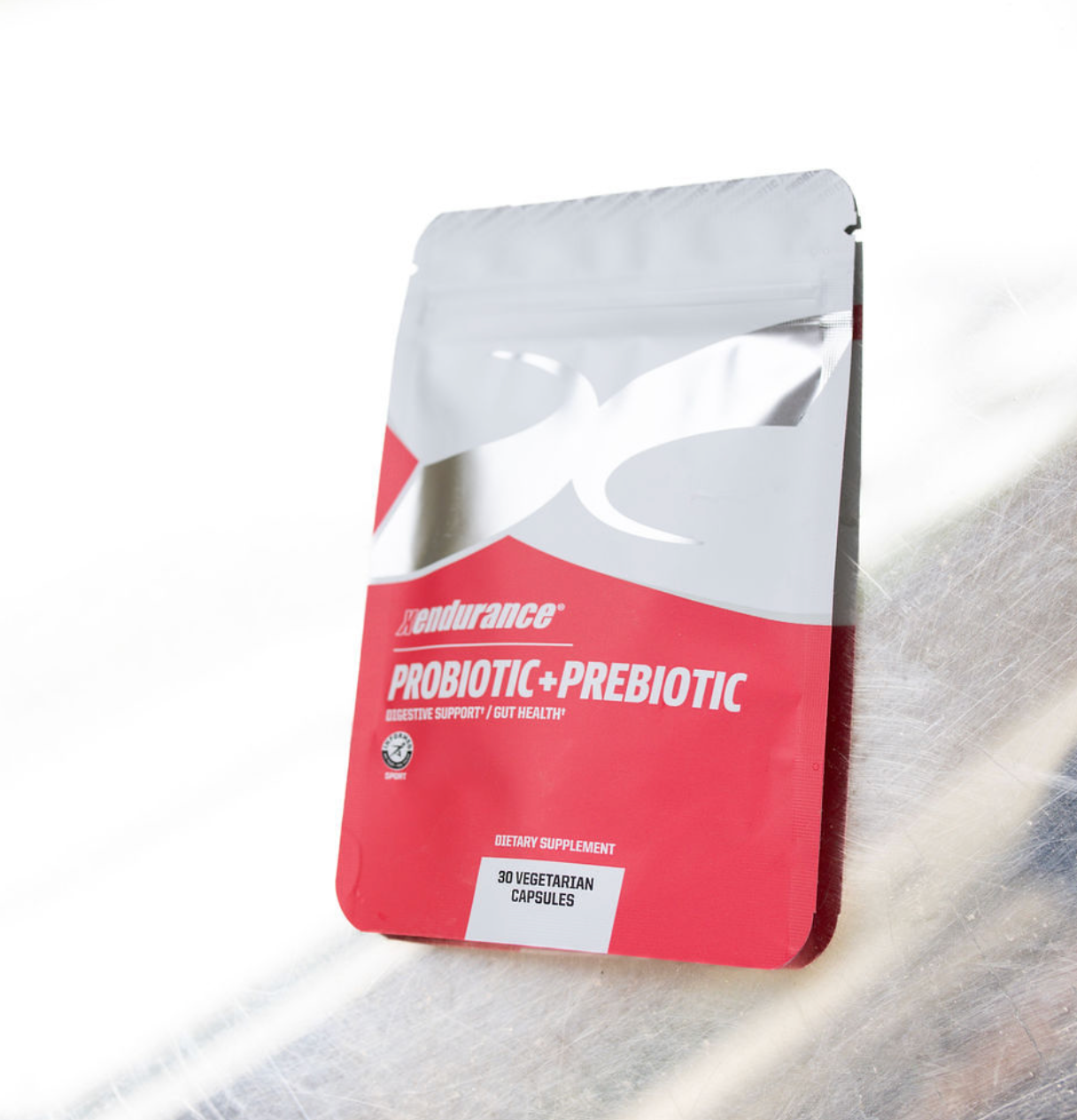The flu, or influenza, is a highly contagious respiratory illness caused by influenza viruses that infect the nose, throat, and sometimes the lungs. Each year, it affects millions worldwide, leading to symptoms like fever, cough, sore throat, body aches, and fatigue. In severe cases, it can result in hospitalization or even death, particularly among vulnerable groups such as the elderly, young children, pregnant people, and those with chronic health conditions. While vaccination remains the cornerstone of flu prevention, many people turn to supplements to bolster their immune systems as an additional layer of defense. Supplements aren't a magic bullet—they can't replace vaccines, good hygiene, or a healthy lifestyle—but emerging research suggests certain ones may help reduce the risk or severity of flu-like illnesses.
We'll dive into the "why" behind each of the 5 supplements, including the biological mechanisms at play, their potential roles in supporting immune function, and how they might reduce the risk or severity of influenza based on current research.
Flu Season Predictions for 2025-2026
As we approach the 2025-2026 flu season, health experts are monitoring trends closely. According to the Centers for Disease Control and Prevention (CDC), the season is expected to follow a typical pattern in the United States, with influenza activity beginning to rise in the fall and peaking between December and February. Early signals from global surveillance indicate a standard season, for all ages, though severity could vary based on circulating strains and vaccination rates.
Globally, southern hemisphere trends (which often preview the north) suggest a season similar to pre-pandemic norms, but vigilance is key.
The Top 5 Supplements for Flu Prevention
When selecting supplements, prioritize those with robust evidence from randomized controlled trials (RCTs) and meta-analyses showing potential to support immune function and reduce respiratory infection risk.
Here are the picks: Vitamin D, Vitamin C, Zinc, Elderberry, and Probiotics. Each plays a unique role in immunity, and their benefits are backed by science—though results can vary by individual factors like baseline nutrient levels.
1. Vitamin D: The Sunshine Nutrient for Immune Defense.
Vitamin D tops the list because it's essential for modulating the immune system, and deficiency is rampant, especially in winter when flu peaks. This fat-soluble vitamin helps regulate the expression of genes involved in antimicrobial responses, enhancing the production of cathelicidins and defensins—natural peptides that destroy pathogens like influenza viruses.
A 2021 meta-analysis of 37 RCTs found that vitamin D supplementation reduces the risk of acute respiratory infections (ARIs), including flu, by up to 12% overall, with greater benefits (up to 70% reduction) in those with low baseline levels. Another meta-analysis corroborated this, showing a preventive effect specifically on influenza, with daily dosing proving most effective.
In infants, a systematic review highlighted its safety and protection against seasonal influenza A, potentially cutting infection rates. Mechanistically, vitamin D activates Toll-like receptors on immune cells, boosting innate immunity and reducing inflammation that can exacerbate flu symptoms. A pairwise meta-analysis from 2024 further confirmed significant preventive effects with daily supplementation (relative risk: 0.92).
Recommended dose: 1,000-2,000 IU daily, especially if you're indoors a lot or live in northern latitudes. Test your levels first for optimal results.
2. Vitamin C: Antioxidant Powerhouse for Viral Resistance
Vitamin C, or ascorbic acid, is a water-soluble antioxidant that supports various immune functions, including enhancing white blood cell activity and protecting against oxidative stress from infections. It's particularly useful for those under physical stress, like athletes or the elderly, where it may help prevent upper respiratory tract infections (URTIs).
Evidence from a 2023 meta-analysis shows vitamin C reduces common cold severity by 15% and shortens duration, with stronger effects on severe symptoms. While not always preventive in the general population, a Cochrane review of trials noted it reduces cold duration by 8-14% in adults and children, respectively.
For flu specifically, a systematic review found modest preventive effects on ARIs, shortening symptom duration. Scientifically, vitamin C accumulates in immune cells like neutrophils, promoting phagocytosis (engulfing viruses) and modulating cytokine production to curb excessive inflammation. In some studies, it relieved clinical symptoms and potentially prevented infections in high-risk groups.
Dose: 500-1,000 mg daily. It's safe and inexpensive, but megadoses can cause digestive upset.
3. Zinc: Mineral Ally for Antiviral Action
Zinc is a trace mineral crucial for over 300 enzymes and immune cell development. It inhibits viral replication by interfering with RNA polymerase in viruses like influenza, making it a go-to for prevention.
A 2024 Cochrane review suggests zinc may have little effect on preventing colds but reduces duration by about a day. However, a meta-analysis found it shortens cold duration by 2.25 days when taken alone. For flu, zinc's role in antiviral immunity is key: it boosts T-cell function and cytokine signaling, essential for fighting respiratory viruses.
Harvard Health notes that over-the-counter zinc could ease cold and flu seasons, based on available research. Though results are mixed, Mayo Clinic acknowledges potential benefits despite variability.
Dose: 15-30 mg daily (avoid intranasal forms due to smell loss risks). Multivitamins, such as the Xendurance Immune Boost, contain vitamins D, C, and Zinc, all in one formula.
4. Elderberry: Herbal Antiviral with Flavonoids
Elderberry (Sambucus nigra) is a berry rich in anthocyanins and flavonoids with antiviral properties. It prevents viruses from entering cells by binding to hemagglutinin spikes on influenza viruses.
A 2021 meta-analysis found elderberry reduces influenza duration, though evidence is uncertain compared to antivirals like oseltamivir. Clinical trials show it mitigates flu symptom severity and duration, shortening illness by up to four days. A randomized study confirmed its efficacy and safety as a cost-effective treatment. However, a 2025 review noted mixed results, with some studies showing no benefit.
The science: Elderberry inhibits neuraminidase, an enzyme viruses use to spread, and boosts cytokine production for immune activation.
Dose: 300-600 mg daily as extract. Use cooked or processed forms to avoid toxicity from raw berries.
5. Probiotics: Gut-Immune Axis Supporters
Probiotics are live beneficial bacteria that enhance gut microbiota, which influences 70% of the immune system via the gut-lung axis. Strains like Lactobacillus and Bifidobacterium can prevent respiratory infections by modulating inflammation and enhancing barrier function.
A 2022 Cochrane review indicates probiotics prevent URTIs, reducing incidence. A network meta-analysis showed effects in children, preventing RTIs. Systematic reviews confirm decreased RTI episodes (up to 47% reduction in some trials) and shorter durations.
A 2021 meta-analysis revealed probiotics' effectiveness against respiratory viral infections. Mechanically, they increase short-chain fatty acids that regulate immune cells and reduce pathogen adhesion in the respiratory tract.
Dose: 1-10 billion CFUs daily, from multi-strain supplements such as the Xendurance Probiotic+Prebiotic supplement.
Integrating Supplements into Your Flu-Fighting Strategy
These five supplements—Vitamin D, Vitamin C, Zinc, Elderberry, and Probiotics—offer science-backed ways to potentially prevent or mitigate the flu, primarily by enhancing immune responses and inhibiting viral activity. Combined with vaccination, they're a smart addition for the 2025-2026 season, predicted to be typical but potentially moderate in severity. Stay informed, eat a balanced diet, exercise, and prioritize sleep for best results. Flu prevention is multifaceted—supplements are just one piece of the puzzle.









コメントを書く
このサイトはhCaptchaによって保護されており、hCaptchaプライバシーポリシーおよび利用規約が適用されます。